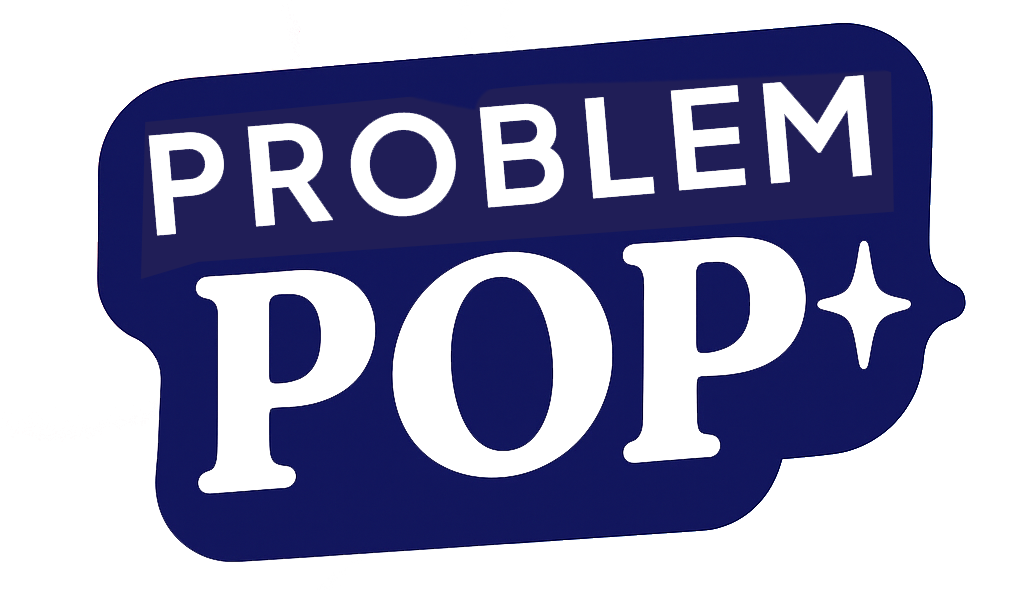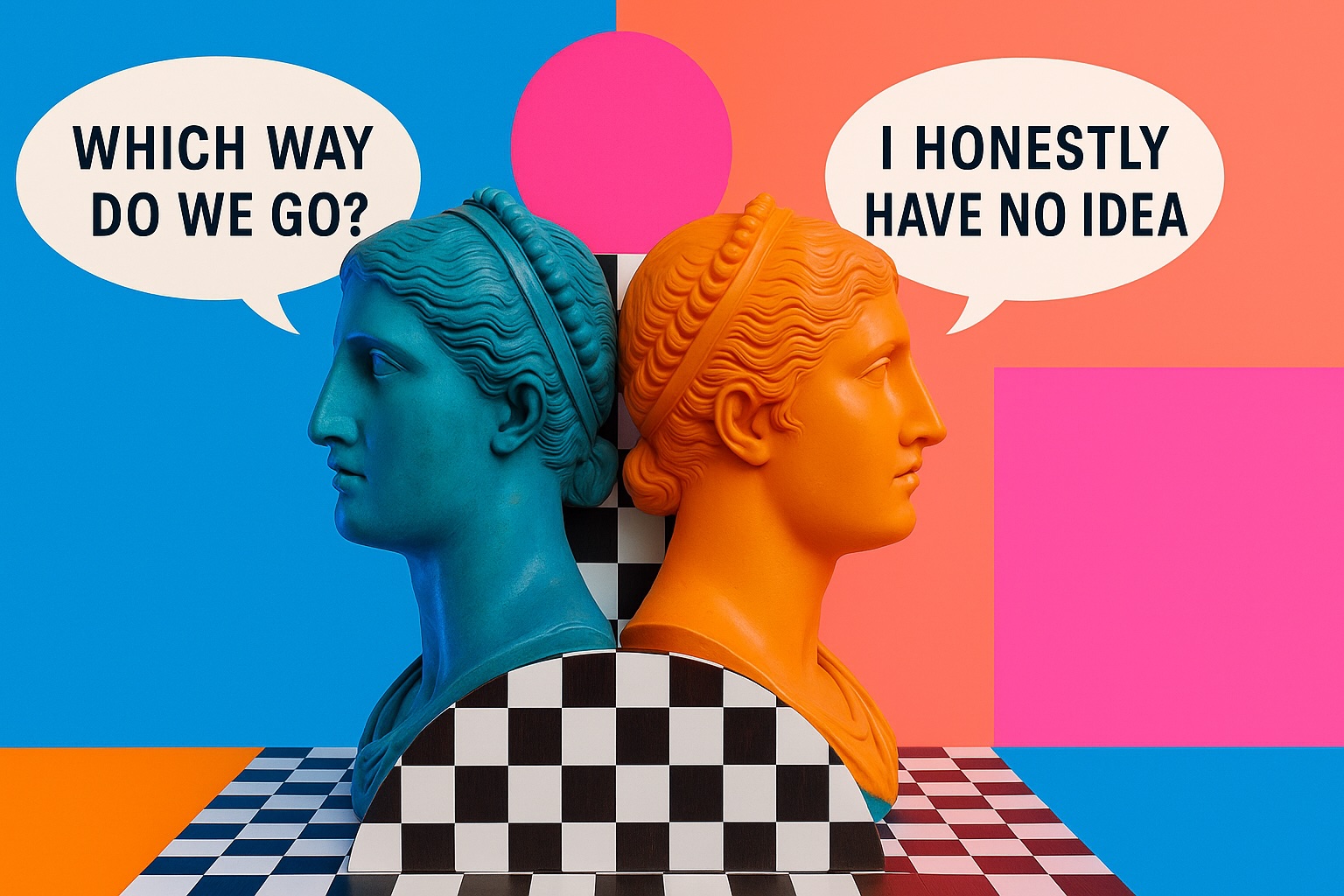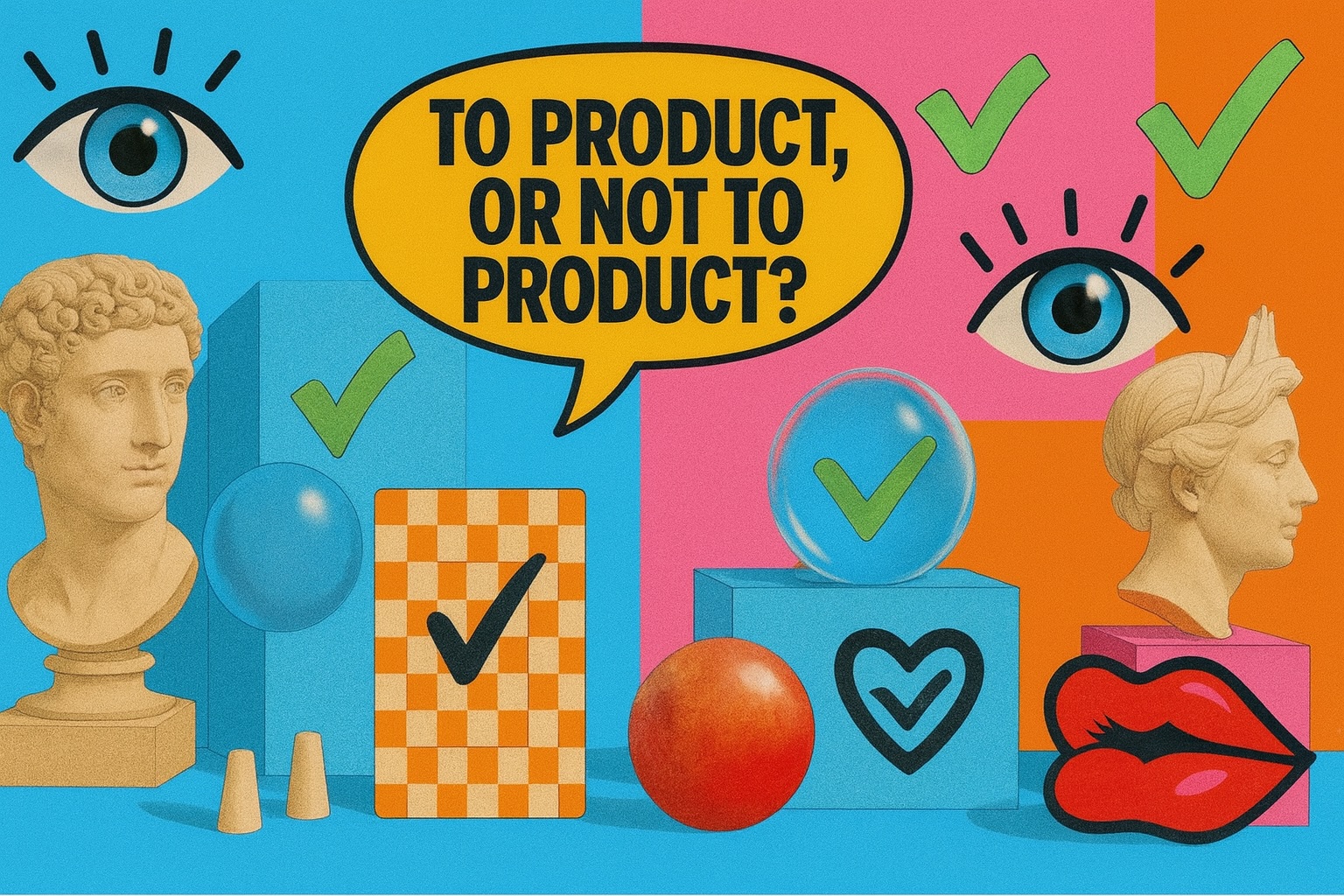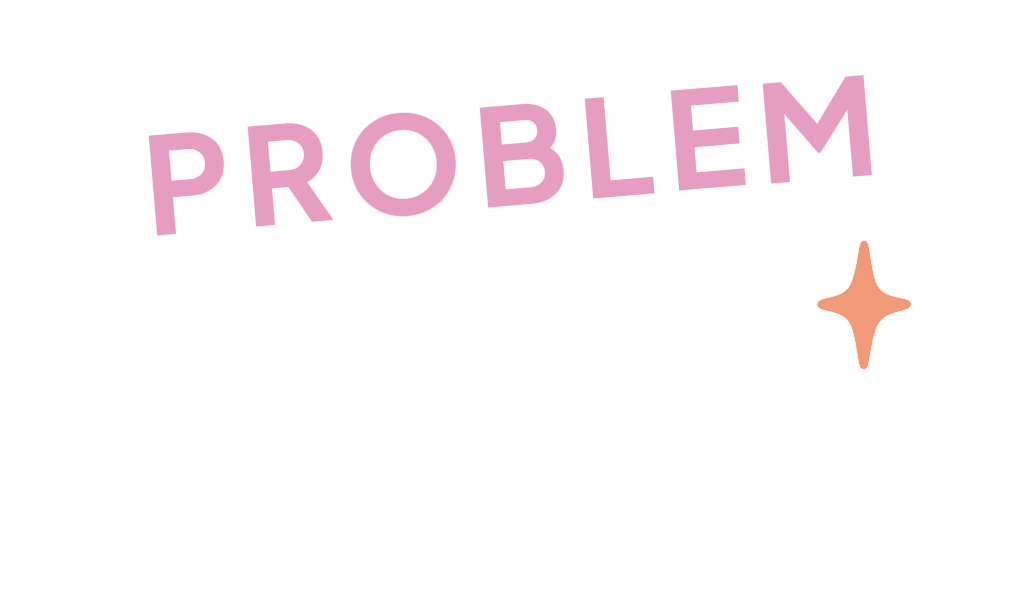Dealing with Decision Fatigue: A Founder's Guide to Making Better Choices
By 3pm, you've already decided what to wear, which coffee to order, and whether that investor email deserves a reply or the bin. No wonder choosing your company's next strategic move feels like climbing Everest in flip-flops. Welcome to decision fatigue, where even picking lunch becomes an existential crisis.
Your Brain on Burnout: Why Founders Make Bad Decisions (And How to Stop)
The average founder makes approximately 37,582 decisions before breakfast. I might be exaggerating, but honestly, not by much. From "Should I answer this email now or later?" to "Is this the moment I pivot the entire business?" to "Do I have time to brush my teeth today?" — the mental load is relentless. And let's be honest, by decision number 37,581, you're essentially operating with the cognitive capacity of a sleep-deprived toddler. Welcome to decision fatigue, the silent productivity assassin that's probably responsible for that bizarre marketing strategy you approved at 4:37 pm last Tuesday.
The Spectacular Cognitive Collapse of the Entrepreneurial Brain
Decision fatigue isn't just feeling tired after making choices. It's the neurological equivalent of your brain throwing a tantrum and refusing to cooperate. After having learned the hard way that my own decision-making abilities deteriorate faster than a chocolate teacake left in a hot car, I've come to recognise the warning signs.
The science is brutally simple: your brain has a finite amount of decision-making energy each day. It doesn't discriminate between deciding on a crucial hire or choosing what socks to wear. Each decision draws from the same mental well until eventually, you're scraping the bottom with a teaspoon.
What happens next is where things get properly messy. You start defaulting to one of two equally problematic strategies: making impulsive decisions just to be done with it ("Yes, let's definitely rebrand everything pink!") or avoiding decisions altogether ("I'll just let this critical issue sit in my inbox for another three weeks").
The particularly cruel twist? You often won't even notice it's happening. You'll genuinely believe you're making rational choices right up until the moment you find yourself agreeing to an absurdly expensive office coffee machine because "team morale" seemed like a valid justification at 4:30 pm.
The Decision Hierarchy: Not All Choices Deserve Your Precious Brain Cells
Having experienced burnout from trying to do everything alone, I learned that the secret isn't making better decisions—it's making fewer decisions. This doesn't mean abdicating responsibility; it means creating a ruthless hierarchy for what deserves your limited decision-making resources.
Let's break this down into something actionable, shall we?
- Delegate decisions that don't require your specific expertise or vision. Yes, someone else can decide on the email marketing platform.
- Batch similar decisions together. Review all hiring decisions on Tuesday mornings, make financial calls on Thursday afternoons.
- Create personal decision algorithms—simple if/then rules that eliminate the need to think. "If the expense is under £500 and within budget, approve automatically."
- Establish default positions. "We say no to all partnership requests unless they meet these three criteria."
- Schedule important decisions for your peak mental hours (hint: not 4 pm, and definitely not after that three-hour board meeting).
The truth is, most founders exhaust themselves on decisions that, in the grand scheme of things, are utterly inconsequential. That perfectionist voice whispering that every tiny choice could make or break your business? It's lying to you. I've watched countless entrepreneurs (myself included) agonise over font choices while their cash flow situation quietly catches fire in the background.
Creating Systems That Make Decisions For You
After my business went under, I learned that cash flow matters more than practically everything else. And yet, I'd spent countless hours on decisions that had absolutely no impact on that fundamental reality. The answer isn't working harder—it's building systems that eliminate the need for repeated decisions.
Decision templates are your new best friend. These aren't just for efficiency; they're lifeboats for your drowning brain. A good template transforms a complex decision into a simple checklist, removing the cognitive burden and emotional angst from the process.
Consider these critical areas where decision templates can save your sanity:
- Hiring decisions: Create a scoring system for candidates that forces objective comparison.
- Investment opportunities: Develop a standard set of questions any new project must answer before you'll consider it.
- Client acceptance: Establish clear criteria for which clients are worth your time and which aren't.
- Product development: Build a framework that evaluates new features against strategic priorities.
- Personal time allocation: Pre-determine how you'll spend your time each day, eliminating the constant "should I be doing this right now?" question.
These aren't just productivity hacks; they're cognitive survival tools. I now have a laminated card next to my computer with three questions for evaluating any new opportunity. If it doesn't pass all three, it's an automatic no. Is this somewhat rigid? Absolutely. Has it saved me from committing to projects that would have drained resources from what actually matters? Also yes.
The Psychological Tricks That Actually Work
Let's wade into the murky waters of how our brains actually function (as opposed to how we pretend they do). Decision fatigue creates some fairly predictable psychological distortions, and knowing them gives you a fighting chance.
First, there's the paradox of choice. Having more options doesn't make us happier; it paralyses us. When faced with too many possibilities, our brain essentially shuts down. This is why Steve Jobs wore the same outfit every day and why the most effective founders I know have absurdly simple routines.
Here are some psychological hacks that actually help:
- Create artificial constraints. Limit yourself to considering only three options for any decision. The fourth option rarely adds value but definitely adds stress.
- Use the 10/10/10 rule: How will you feel about this decision in 10 minutes? 10 months? 10 years? This instantly cuts through recency bias.
- Schedule a "worry hour" where you're only allowed to fret about decisions during that specific time. The rest of the day, you just execute.
- Practice the "if I were advising a friend" technique. We're remarkably clear-headed when it's not our own emotional chaos at stake.
- Create physical distance from decisions when possible. Even stepping outside for 10 minutes can reset your brain's catastrophizing circuits.
I've found the most effective approach is to treat my decision-making capacity as a precious, non-renewable resource. I guard my morning hours ferociously, making my most important decisions before noon. By late afternoon, I'm essentially on decision autopilot, following pre-determined rules rather than attempting fresh analysis.
When to Trust Your Gut (And When Your Gut Is Lying to You)
The cult of entrepreneurial intuition has a lot to answer for. Yes, intuition is valuable—but it's not magic, and it's not infallible. Your gut isn't some mystical oracle; it's a pattern-recognition system based on your past experiences. This means it's brilliant in familiar territories and potentially catastrophic in new ones.
This is particularly crucial when it comes to understanding customer pain points. Founders frequently misdiagnose customer pain because they listen to what customers ask for (a feature) instead of understanding what they are trying to achieve (an outcome). The "5 Whys" technique for root cause analysis is essential here, as Forbes points out: "customers are experts in their problems, but you are the expert in the solution."
Having learned from my own business mistakes, I now use a simple framework to determine when to trust my instincts:
- Trust your gut when you have deep domain expertise and have seen similar patterns before.
- Trust your gut for people decisions—our subconscious is remarkably good at detecting inauthenticity.
- Be deeply suspicious of your gut when dealing with unfamiliar territory, complex systems, or anything involving statistical probability.
- Never trust your gut when you're hungry, angry, lonely, or tired (the old HALT framework actually works).
- Be especially wary of intuitive financial decisions—our brains are notoriously poor at assessing risk-reward ratios.
The trick isn't ignoring your intuition or surrendering to it completely. It's knowing which tool is right for which job. Some decisions benefit from careful analysis; others from quick intuitive judgement. The wisdom is knowing the difference.
I once ignored a persistent feeling that a potential business partner wasn't being entirely truthful, because the numbers looked good on paper. That expensive lesson taught me that some signals aren't meant to be overridden by spreadsheets. This is why finding your customers' unfiltered thoughts is so crucial—it removes the guesswork and emotional bias from customer-related decisions.
The Founder's Decision Detox
Let's talk about decision cleansing—the practice of periodically stripping away the accumulated crud of unnecessary choices that have attached themselves to your life like barnacles on a ship.
After experiencing burnout from trying to do everything alone, I now conduct a quarterly "decision audit." Research shows that people who achieve high life satisfaction spend 59% of their waking nonwork time on high-value activities, compared to just 42% for those with low satisfaction. The difference? Those with high satisfaction are ruthlessly strategic about their time allocation, as documented in this MIT Sloan Review study.
My decision audit works like this:
- List every recurring decision you make in your business and personal life.
- Ruthlessly evaluate each one: Does this decision genuinely need to be made? Does it need to be made by me? Does it need to be made more than once?
- Create systems to eliminate, automate, or delegate at least 25% of these decisions.
- Identify decisions you're avoiding and schedule specific times to address them.
- Clear your physical and digital environment of choice-creating clutter. (Yes, having seventeen browser tabs open is cognitive torture.)
This isn't just about efficiency; it's about sanity preservation. Every unnecessary decision you eliminate creates space for the ones that actually matter. And let's be honest—most of what occupies our mental bandwidth doesn't matter nearly as much as we think it does.
I've found that true freedom doesn't come from having more choices; it comes from needing to make fewer of them. The most liberated founders I know have ruthlessly simplified their decision landscapes, focusing their mental energy on the few areas where their unique judgement truly adds value. This systematic approach is exactly what led me to build Problem Pop as a solution to streamline customer research decisions.
The Freedom of Fewer Choices
The greatest irony of entrepreneurship is that we start businesses seeking freedom, only to imprison ourselves in a cell made of endless decisions. The path back to that original vision of freedom isn't through making better choices—it's through needing to make fewer of them.
Freedom isn't having infinite options; it's having the right ones. It's creating systems that handle 80% of decisions automatically, so your finite cognitive resources can focus on the 20% that truly require your unique perspective.
The next time you feel that familiar decision fatigue setting in—that foggy-headed sense that you simply cannot choose between email template A or B without lying down in a darkened room first—remember that the solution isn't pushing through. It's stepping back and asking whether this decision deserves your precious mental energy at all.
Perhaps the most valuable decision you can make is deciding which decisions aren't worth making. In the endless buffet of choices that constitute modern business life, the discipline to walk away from the table might be the most powerful skill of all.
